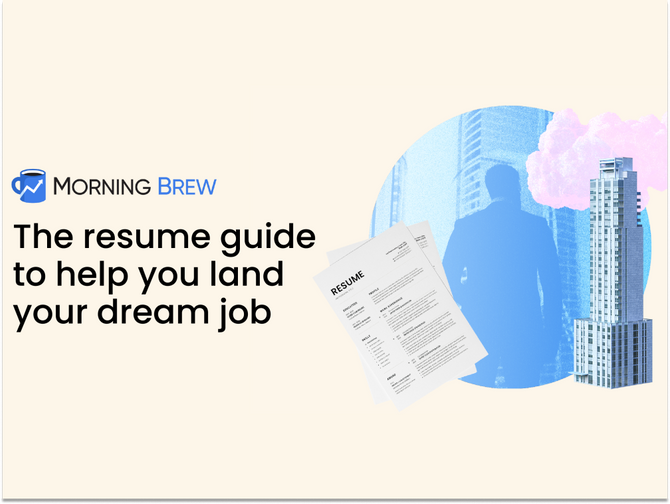Generative AI tools such as ChatGPT present major opportunities—and challenges—for HR professionals tasked with attracting, developing, and retaining talent. Employers are considering how they can best respond to potential skills gaps and prepare their workforce to navigate these new technologies. In a recent World Economic Forum survey, 42% of companies said they plan to prioritize training in AI and big data skills over the next five years.
These issues are top-of-mind for Jeff Maggioncalda, CEO of Coursera, which partners with universities and companies to provide online learning opportunities. He offered ideas on how HR can prepare to address these skills gaps, made the case for learning and development investments even amid downturns, and spoke about Coursera’s focus on skills-based hiring.
This interview has been edited and condensed for clarity.
HR departments are starting to think about skills gaps they might be seeing in the coming years with these new AI technologies. How are you having conversations with companies about this?
I’m one of the people who totally believes this is a very big deal. I don’t think people are overhyping this one.
As all this software that [employees] use today gets electrified with AI, they’re going to be way more productive. And then companies are going to probably ask themselves, “Do I need 10 times the productivity?”
What I think HR should be focused on is: How do we understand how AI will impact job roles and activities that people perform? And when certain jobs are substantially automated, how do we rescale and redeploy those folks into other roles?
Keep reading.—CV





